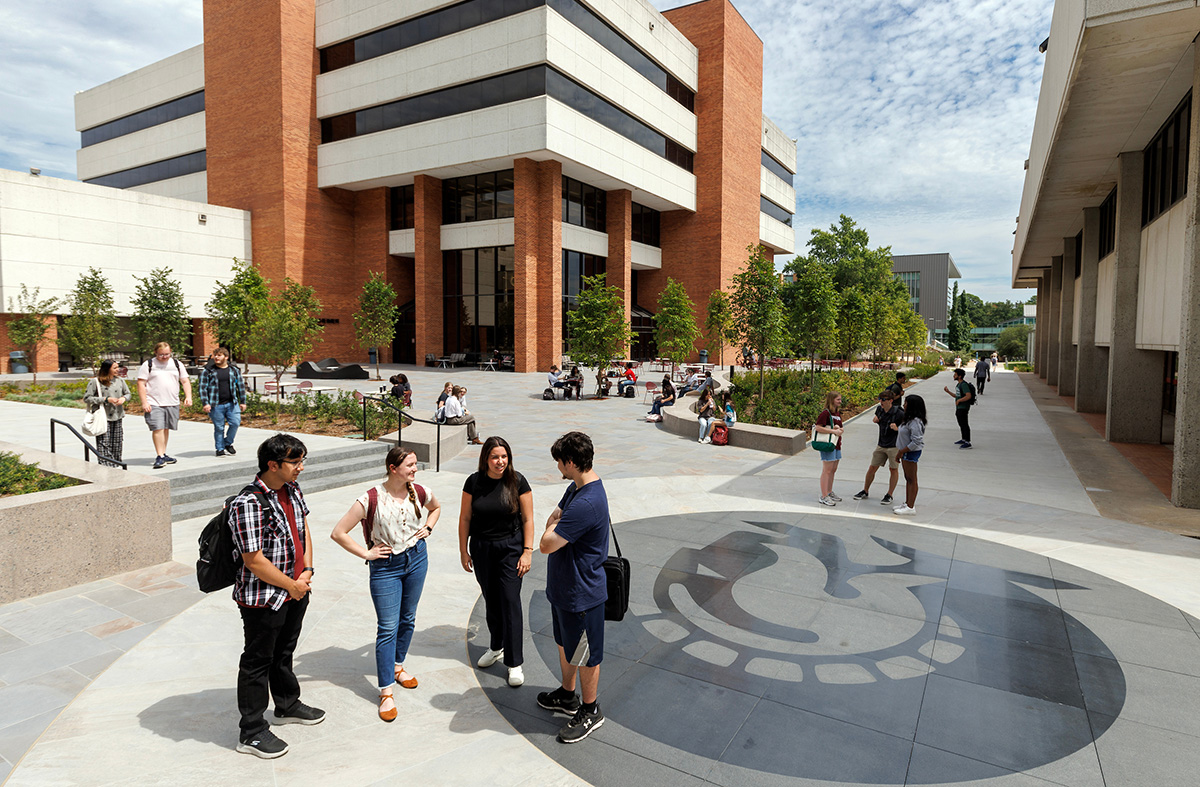University of Arkansas at Little Rock
Policy Name: Academic and Research Integrity
Policy Number: LR 509.2
Effective Date: August 15, 2011
Academic integrity is a cornerstone value of the Graduate School at UA Little Rock. Every UA Little Rock graduate student is expected to perform his or her academic, research, artistic, scholarly, and other creative activities in a fashion reflective of the highest ethical standards of the university, his or her profession, and a functional civil society. Academic dishonesty is considered to be a violation of these standards.
Definitions
Academic Dishonesty involves cheating in the most general sense of the word and includes, but is not limited to:
- The giving or receiving of any unauthorized assistance between multiple students.
- The giving or receiving of unfair advantage.
- Plagiarism (i.e., claiming as one’s own the ideas, calculations, words, or other work of others).
- Falsification of data.
- Attempting any of the acts described above.
Responsible Conduct of Research consists of following best practices in at least the following nine areas, defined by the Federal Office of Research Integrity, related to the ethical conduct of research:
- Data Acquisition, Management, Sharing, and Ownership
- Conflict of Interest and Commitment
- Human Subjects
- Animal Welfare
- Research Misconduct
- Publication Practices and Responsible Authorship
- Mentor/Trainee Responsibilities
- Peer Review
- Collaborative Science
Initiating Actions Against a Graduate Student Accused of an Integrity Violation
A student’s instructor, advisor, graduate advisory committee, program director, department chair, dean, or their representatives may initiate actions against a graduate student who is suspected of academic dishonesty. Disciplinary actions will follow procedures found in the Academic Integrity and Grievance Policy of the Faculty Handbook (https://ualr.edu/provost/appeals.pdf).
When allegations of research misconduct arise in the research arena, policies and procedures found in the Research Compliance Policy will be followed. A student’s instructor, advisor, graduate advisory committee, program director, department chair, dean, or their representatives may initiate actions against a graduate student who is suspected of research misconduct, in accordance with procedures found in the Academic Integrity and Grievance Policy of the Faculty Handbook (https://ualr.edu/provost/appeals.pdf).
Restrictions on Graduate Students Under Investigation for Academic or Research Misconduct
While a graduate student is under investigation for academic dishonesty or research misconduct, the graduate student may not drop a course, withdraw from the university, sit for a program examination (e.g., preliminary or qualifying examination, thesis or dissertation defense, or degree capstone examination), or have his or her thesis or dissertation accepted by the Graduate School. If the student is found to have violated academic integrity, he or she may be subjected to a variety of disciplinary actions, including dismissal from the Graduate School.
Source:
Revised:
Approved by: Graduate Council
Custodian: Vice Provost for Research and Dean of the Graduate School

